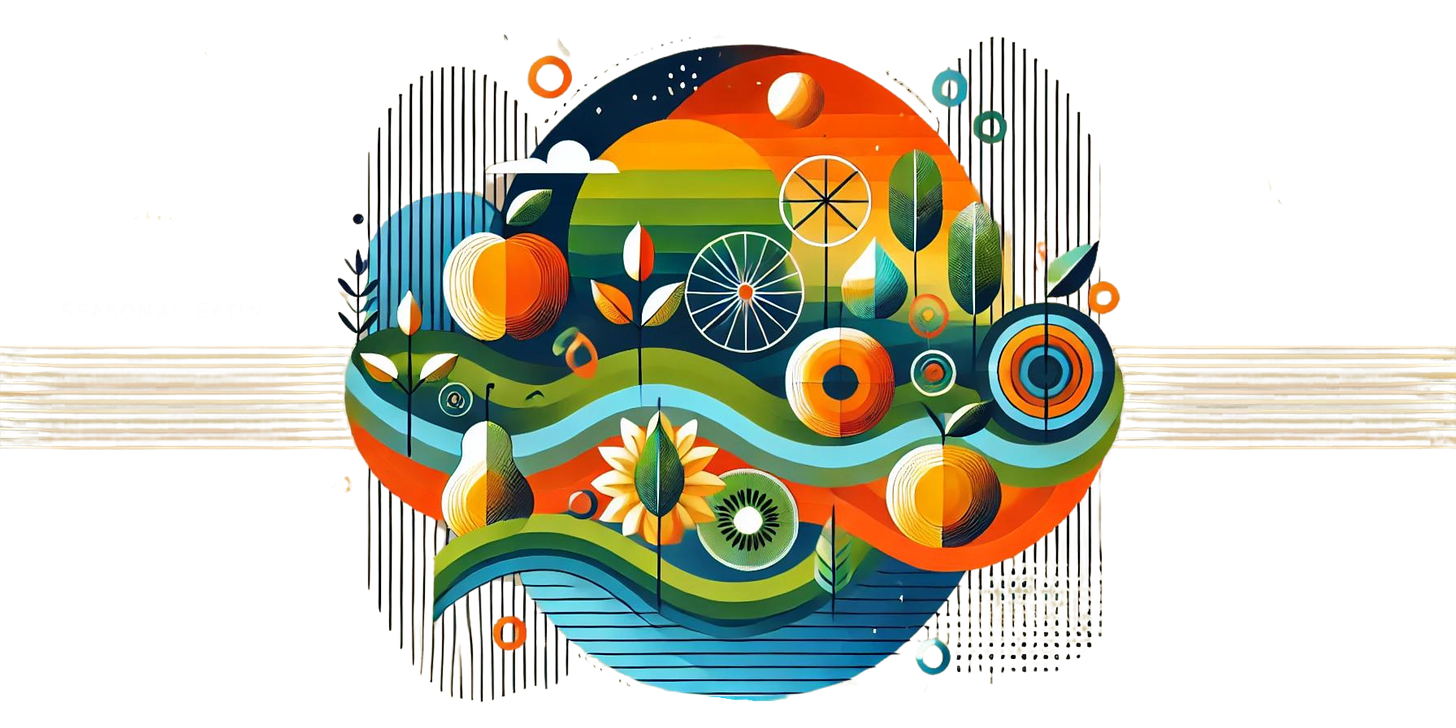The Seasonal Symphony: Nature's Rhythms and Your Well-Being
Uncover how the changing seasons influence your health and the environment, and why syncing with nature matters.
Seasons and Their Impact
A season is a period of the year characterized by specific climatic conditions such as sunlight intensity, humidity, and rainfall. The modern Gregorian calendar divides the year into four main seasons—spring, summer, autumn, and winter. However, depending on where you live, you might experience anywhere from four to six seasons, including the monsoon and dry seasons.
Different cultures have unique ways of dividing the year into seasons. For instance, the Indian calendar has six seasons, the Chinese calendar includes 24 seasonal points, and the Japanese calendar features 72 micro seasons. Regardless of the number of seasons, our ancestors used this division to adapt their diets to the changing climate, optimizing their health in response to seasonal variations.
Seasons and Gut Microbiome
Change is a constant part of our world, and seasonal shifts bring various ecological changes like the flowering and fruiting of plants, leaf fall, and animal hibernation. Humans, as part of this ecosystem, also undergo changes in response to the environment.
Our bodies have evolved to naturally adapt to seasonal changes. Research indicates that people living in colder climates have different gut microbiomes compared to those in warmer regions. Exposure to cold can alter your gut microbiome, metabolism, and the way your body processes calories. Your gut composition tends to favor microbes that digest heavier, starchier foods better during colder months .
Seasons and Circadian Rhythm
The biological processes in our bodies are interconnected and influenced by external environmental changes. Disruptions in these processes can lead to lifestyle diseases. Similarly, our natural circadian rhythm changes with the seasons. Variations in sunlight intensity and day length affect sleep timing, body temperature, and the phases of circadian rhythms, including melatonin production. .
The Benefits of Seasonal Eating
To stay in harmony with nature and maintain optimal health, it's important to eat seasonally. This approach not only benefits your body but also promotes environmental sustainability.
Nutritional Benefits:
Eating seasonally means consuming produce that is harvested and ripe during that specific time of year. Seasonal foods are easier to digest and often taste better. Produce grown in its natural season follows its proper growth and ripening rhythms, making it more nutrient-dense. Conversely, out-of-season produce often requires ripening agents and post-harvest treatments, which can lead to nutrient loss and higher levels of harmful substances like lectin and artificial injectables.
Environmental Impact:
Seasonal eating helps lower your carbon footprint. Locally sourced seasonal produce spends less time in transportation and doesn't require prolonged cold storage, reducing greenhouse gas emissions.
How to Eat Seasonally
Shop at Local Farmers’ Markets:
Visit your local farmers’ market regularly to observe and purchase seasonal produce. Engage with farmers to learn about what’s in season, which is often more abundant and affordable.
Grow Your Own Food:
Growing your own seasonal produce and creating your own kitchen garden can deepen your understanding of local agricultural cycles and foster a closer relationship with your food. This practice helps you adapt better to your local environment.
Listen to Your Body:
Pay attention to your body’s signals such as hunger patterns, sleep quality, energy levels, bowel movements, and digestion. Adjust your diet based on these cues. For example, in warmer seasons, opt for lighter, easy-to-digest meals with plenty of herbs and lean proteins if you experience mild hunger and stable digestion.
Conclusion
Seasonal eating aligns our diets with the natural changes in the environment, benefiting both our health and the planet. By choosing seasonal produce, we can enhance nutrient intake, support our gut microbiome, and reduce our ecological footprint. Embrace the practice of seasonal eating to optimize your health and well-being throughout the year.







